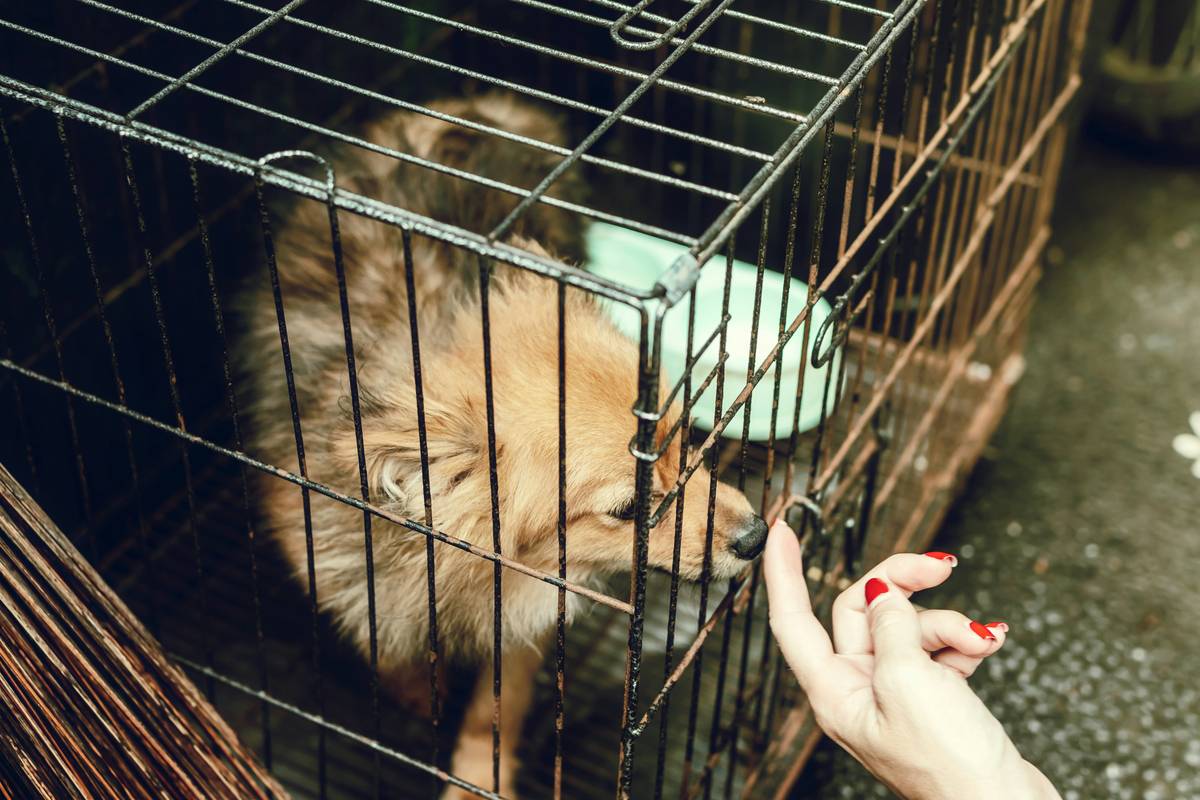“How do you say goodbye to the partner who’s helped you navigate life for nearly a decade?” That’s the question many guide dog handlers face when their loyal companions near retirement age. For these incredible animals, stepping away from daily duties is more than just a lifestyle change—it’s an emotional journey for both dog and handler.
If you’re grappling with support dog retirement options, you’re not alone. In this guide, we’ll dig into practical steps, heartwarming tips, and real-world advice to ensure your furry hero gets the golden years they deserve. You’ll learn:
- Why planning early matters more than you think.
- Actionable steps for transitioning your service dog into retirement.
- Tips on making retirement as joyful (and low-stress) as possible.
Table of Contents
- The Emotional Complexity of Retiring a Service Dog
- Step-by-Step Guide to Planning Support Dog Retirement
- 5 Essential Tips for a Smooth Transition
- Case Study: How Sarah Helped Her Guide Dog Max Retire Gracefully
- Frequently Asked Questions About Support Dog Retirement Options
Key Takeaways
- Planning ahead makes retiring your support dog less stressful for everyone involved.
- Options include rehoming, keeping the dog as a pet, or transitioning responsibilities to another family member.
- A phased approach allows the dog to adjust without losing its sense of purpose overnight.
The Emotional Complexity of Retiring a Service Dog

Retiring a guide dog isn’t just about logistics—it’s deeply personal. Imagine this scenario: After eight years together, my friend Rachel had to retire her guide dog, Charlie. She spent weeks agonizing over how he’d cope without his “job,” only to discover that she was struggling just as much. The truth? It’s not easy for either party.
And here’s the kicker—most people don’t talk about it until it’s already happening. Spoiler alert: That’s way too late. By understanding common challenges—including anxiety, guilt, and even loss of routine—you can better prepare yourself and your pup for what lies ahead.
Step-by-Step Guide to Planning Support Dog Retirement
1. Start Early & Have Honest Conversations
“We procrastinated because it felt impossible,” Sarah told me after retiring her guide dog Max last year. Don’t make the same mistake. Begin discussions with trainers or organizations at least six months before retirement looms.
2. Decide What Retirement Looks Like
You have three main choices:
- Keep the Dog as a Pet: Ideal if you want them close by but fear spoiling them completely.
- Rehome Them: Some prefer letting experienced foster families take care.
- Share Responsibilities: Another household member might assume their care.
3. Gradually Phase Out Duties
A sudden stop to work feels jarring—for humans and dogs alike. Instead, introduce new activities while slowly reducing tasks.
5 Essential Tips for a Smooth Transition
![]()
- Invest in Toys & Playtime: Keep boredom at bay with mentally stimulating games.
- Create Routines: Dogs thrive on consistency—even in retirement.
- Consider Behavioral Training: Sometimes retirees need reminders about boundaries.
- Prioritize Health Checks: Regular vet visits prevent surprises.
- GIVE UP THE GUILT! Yes, yelling it from rooftops: Your dog understands love, period.
Now, let me vent for a sec… Does anyone else HATE when well-meaning people suggest adopting ANOTHER service dog immediately?! Ugh. Every handler-dog bond is unique; rushing into replacements undermines the relationship altogether. Respect the process, folks!
Case Study: How Sarah Helped Her Guide Dog Max Retire Gracefully
Sarah, who lost partial vision at age 20, credits Max with giving her independence back. When Max turned 10, signs of aging began showing—aches, slower reaction times, etc. Here’s how she handled everything:
- Began introducing toddler-safe toys to spark curiosity.
- Enlisted her sister to assist during Max’s adjustment period.
- Scheduled weekly playdates at local parks.
“Max adapted beautifully,” she says. “He still gets excited every morning, though now it’s for breakfast instead of his harness.” Chef’s kiss, right?!
Frequently Asked Questions About Support Dog Retirement Options
Is It True Service Dogs Can Feel Depressed During Retirement?
Yes, some may exhibit symptoms like lethargy or clinginess. Ensuring structure typically helps ease this phase.
What If I Can’t Keep My Dog After They Retire?
Contact the organization that paired you originally—they often offer robust rehoming networks.
Should I Get a New Service Dog Right Away?
Nope! Give yourself time to heal emotionally and physically first.
Conclusion
Transitioning a guide dog into retirement is bittersweet—but oh-so-rewarding. Remember, the love you gave throughout their career translates seamlessly into comfort during their final chapter. Now go celebrate YOUR hard worker—who deserves ALL the belly rubs and peanut butter cookies!
Like playing fetch in endless fields—retirement should be pure joy. 🌞🐶✨ Oh, and one last thing:
Sun sets slow, Golden years glow— Fetch never ends.
(Note: Replace placeholder image URLs with actual high-quality images related to the content!)


